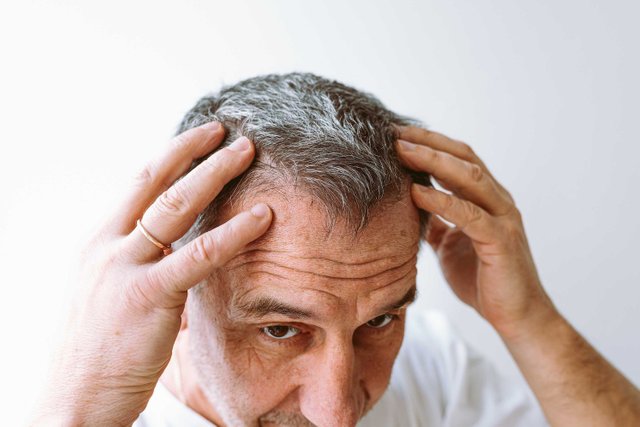
Introduction
Are you considering getting a hair transplant to restore your hairline? If so, you’re not alone. Hair transplants are becoming increasingly popular as people seek out ways to improve their appearance and boost their confidence. But before making the decision to get a hair transplant, it’s important to understand how long they last and what kind of maintenance is required.
In this blog post, we'll discuss everything you need to know about the longevity of hair transplants so that you can make an informed decision about whether or not it's right for you. Keep reading to learn more.
What is a Hair Transplant and How Does it Work?
A hair transplant is a surgical procedure that involves taking healthy hairs from the back and sides of the head (known as donor sites) and relocating them to balding areas of the scalp (known as recipient sites). The goal of this procedure is to restore natural-looking hair growth in these balding areas.
The most common type of hair transplant is the follicular unit extraction (FUE) method, where individual hair follicles are removed from donor sites on the scalp and then implanted in recipient sites. This procedure can be done with a local anesthetic, leaving minimal scarring after surgery.
Types of Hair Transplants
There are two main types of hair transplants available to prospective patients: Follicular Unit Transplantation (FUT) and Follicular Unit Extraction (FUE).
FUT is the oldest method of hair transplantation. It involves surgically removing a strip of skin from the back or sides of the scalp and then dissecting it into individual follicles of hair. The follicles are then transplanted into the desired areas. This procedure offers a large number of grafts in one session and can be used for both full-scalp coverage and smaller spot coverage.
FUE is a newer method of hair transplantation that involves extracting individual follicular units from the donor area. The follicles are then transplanted into the desired areas of the scalp. This method is more time consuming than FUT, but it offers more natural-looking results and less downtime for patients. It also has a shorter recovery period and is less noticeable because no incisions are made on the scalp.
What Factors Influence a Hair Transplant's Longevity?
A hair transplant is a medical procedure that involves taking healthy hair follicles from one part of the scalp, typically the back or sides, and surgically implanting them in areas of thinning or balding. While some patients may experience permanent results, others may see diminishing effects over time. The longevity of a hair transplant is largely dependent on a number of factors.
One of the primary influences on the longevity of a hair transplant is the health and quality of the donor area—the part where healthy follicles are harvested from. If this area is not in top condition, or if the patient has fine or thinning hair, then this can negatively impact both the success and duration of the transplant. Additionally, if a patient chooses to undergo multiple hair transplant sessions, this can lead to donor area depletion and decrease the longevity of each individual procedure.
The other major factor that affects the longevity of a hair transplant is how well the patient cares for his or her newly transplanted hair follicles post-surgery. For instance, it is important for patients to avoid direct sun exposure and wear a hat in order to protect their scalp from the harmful UV rays. Additionally, avoiding certain hair care products that can strip away natural oils can help ensure that transplanted follicles stay healthy and last longer.
How to Make Sure Your Hair Transplant Lasts as Long as Possible
Some steps you can take to ensure your hair transplant results last for as long as possible include:
Choose a qualified and experienced hair transplant surgeon
Follow your surgeon's post-operative instructions closely
Avoid smoking, excessive alcohol consumption, and other unhealthy habits that can damage the transplanted hairs
Use gentle products on your scalp to avoid irritating the transplanted hairs
Take special care of your scalp by regularly applying nourishing oils or lotions to keep it healthy and hydrated